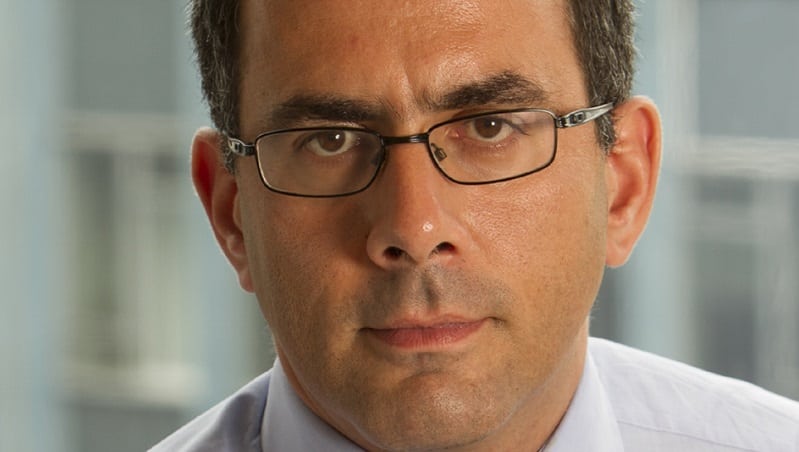JP Morgan Asset Management (JPMAM) is relaunching the JPM Global Macro Balanced fund, formerly run by Talib Sheikh, and moving to a flexible absolute return mandate which uses derivatives.
Sheikh, who previously co-managed the £117.88m fund, announced his move to Jupiter in February and began his role in June.
The fund has also been co-managed by Gareth Witcomb, vice president and portfolio manager in the global multi-asset group, and James Elliot, chief investment officer of the international business of the multi-asset solutions group since December 2012.
Under the proposed changes, the fund will be renamed the JPM Global Macro fund and move away from a fixed income strategy.
Fund changes
JPMAM has described the re-packaged fund as “a lower risk version” of its existing JPM Global Macro Opportunities Fund, which was also previously managed by Sheikh.
The asset manager said the fund will use derivatives for “downside protection” with the potential for “better performance in changing and adverse market conditions and higher prospects for growth”.
According to FE, the Global Macro Balanced fund has returned 0%, 6.1% and 24.3% on a one-year, three-year and five-year basis, versus the IA Mixed Investment 0-35% Shares sector’s 0.2%, 13.7% and 20.8%.
Other changes include a new benchmark, risk profile, investor profile and global exposure calculation method. Shareholders will vote on the proposals at an extraordinary general meeting on 4 October.
A JPMAM spokesperson said: “We believe the proposed changes are in the best interests of shareholders going forward. Once the changes are approved, the fund will move to the Investment Association’s Targeted Absolute Return Sector.”
Flexible allocation
JPMAM is also promising a more flexible mandate that targets low levels of volatility.
The fund will no longer be required to hold a minimum of 50% in debt securities, however, it will typically target targets two-thirds the volatility of the MSCI All Country World Index.
It will target returns in all market conditions over a rolling three-year period.
Additionally, there will also be a one-time expense of 0.08%, due to trading and reinvesting the fund’s assets, but this will be borne by the fund.
Changes will take effect on 31 October if approved by shareholders. JPMAM has warned the fund may be scrapped if it does not receive enough shareholder support.










